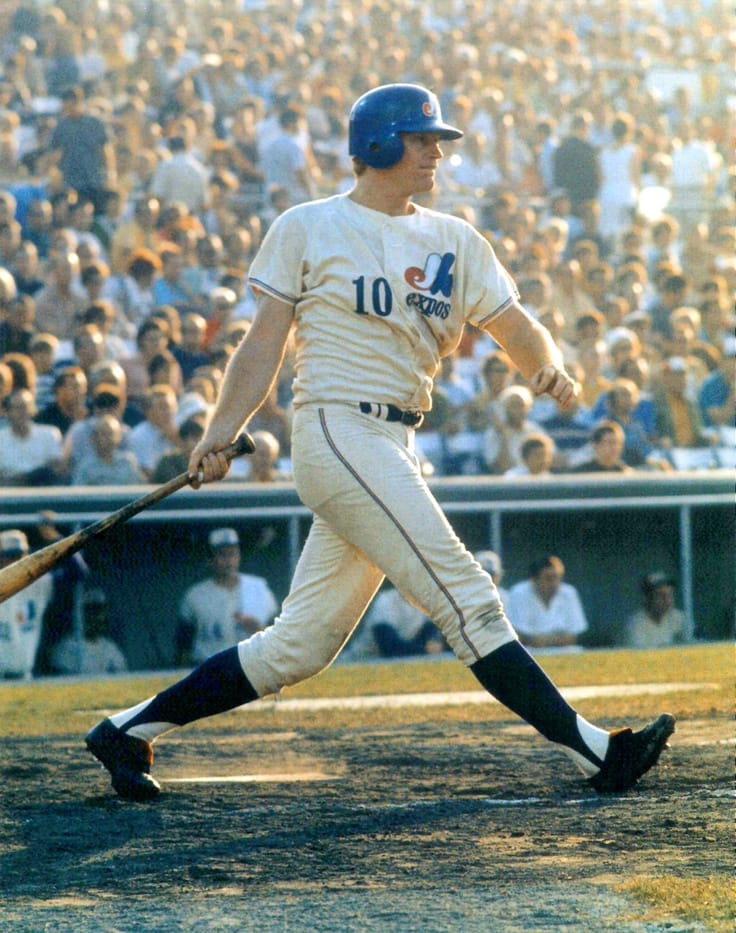Fortunes Turn Quickly For Mid-Market Major League Baseball Teams

Just four years ago the Baltimore Orioles and Kansas City Royals played in the AL Championship Series. This year they may not COMBINE for 100 wins.
The Major League Baseball matchup this weekend between the Kansas City Royals and Baltimore Orioles illustrates exactly how quickly the fortunes can change for mid-market teams in the modern era of baseball.
It was just four years ago that the two teams combined for 185 regular season wins and met in the American League Championship Series.
This season, the two teams entered September with a combined total of 83 victories and a staggering 186 losses.
Baseball executives like to brag about having competitive balance where no matter what size the market a team can compete for a title.
However, the reality is that for teams outside of the big-budget Yankees, Dodgers and Red Sox, competitive balance means they have a small window for success before they have to drop back down to the bottom and try to crawl their way back to competitiveness.
The Houston Astros are a prime example of that reality. In 2014 while the Orioles and Royals were playing for the AL title, the Astros were celebrating that they won more than 56 games for the first time in four years. After going 162-324 between 2011-2013, the Astros “improved” to 70-92 in 2014 and then in 2015 went 86-76 and reached the playoffs.
The way things are looking, both the Orioles (40-95) and Royals (43-91) will be hard pressed to finish the 2018 season with a better record than the 51-111 mark the Astros posted in 2013.
In the 24 seasons since the baseball strike of 1994, the New York Yankees have posted a winning record every year. The Dodgers have been above .500 21 times and the Red Sox 20.
Conversely, of the other 27 teams, the St. Louis Cardinals are the only other team with 20 or more winning seasons during the last 24 years. In fact, the Cardinals are the only one of those 27 teams that hasn’t endured a stretch of at least three consecutive losing seasons.
All told, 16 teams have endured stretches of at least six consecutive losing seasons since 1995. The Pirates (18 straight), Orioles (14 straight) Tigers (11 straight), Brewers (10 straight) and Rays (10 straight) had double-digit periods of losing records since 1995. The Marlins, Reds and Royals each had nine consecutive losing years. Both the Orioles and Pirates did not have a winning season in the first decade of the new century and the Royals had a losing record in 17 of 18 seasons between 1995 and 2012.
What illustrates how baseball works for all but the wealthiest teams is that of the six teams with double-digit streaks of losing records, each eventually built a playoff caliber team, but their window for success was only a few years.
In fact, you can certainly argue that despite the fact that large payroll teams can reload while everyone else has to rebuild, the current structure does allow for all teams to eventually build a playoff caliber roster, at least for a few years.
Since 2010, 26 of the 30 teams have made at least one appearance in the playoffs and 23 teams have reached at least twice. No team has made the playoffs every year since 2010 and the Dodgers lead the way with six appearances, followed by the Yankees, Cardinals and Rangers with five. The only teams that have not been in the playoffs during this decade are the Marlins, Padres, White Sox and Mariners.
However, while the general competitiveness is good, it still is frustrating for fans of mid—level teams when their window closes and they watch as the players that helped them achieve competitiveness leave for richer paydays.
There also is no guarantee that reloading will ensure similar success.
One great example of that could be the Cincinnati Reds.
After enduring nine straight losing seasons between 2001-2009, they broke through with a playoff appearance in 2010. They followed a losing season in 2011 with consecutive playoff appearances in 2012 and 2013.
However, they currently are 58-78 and likely headed to their fifth straight losing season. They still have star first baseman Joey Votto, but everyone else who contributed to their three playoff appearances in four years is long gone.
Of course the hope is that they are building a squad that can eventually return to success, but with a minor league system that is currently ranked 11th after being ranked 14th in 2017, there is no guarantee that the players coming into their system will achieve glory.
For the Royals and Orioles, the fall from glory has been swift and because they don’t have the payrolls of the Yankees and Dodgers, the return to competitiveness could take a few years.
In a league where attendance is down holistically (down 6.6% from 2017 and likely to be at lowest level for an entire season since 2003), the question is whether the fan bases will stay engaged through long rebuilding periods. Attendance for the Royals is down almost 7,000 fans per game compared to 2017 and 13,000 from 2015. In Baltimore, attendance is off over 5,000 fans per game from last year and 10,000 from their most recent peak during the 2014 campaign.
If the two teams are again not competitive in 2019, which seems likely, will those attendance figures continue to decline?
It is obvious that no one within baseball leadership for the owners or players has interest in a salary structure that limits the amount of money a team can spend on payroll, but if this current trend of teams going from feast to famine continues, there might come a time when the economics no longer are able to sustain a system that forces mid and lower market teams to endure long periods of mediocrity.
If there is anything that is clear about professional sports, major changes aren’t going to happen because of fans, but they might happen if there is a threat to the financial well-being of the league.
We aren’t there yet, but it could be coming.










